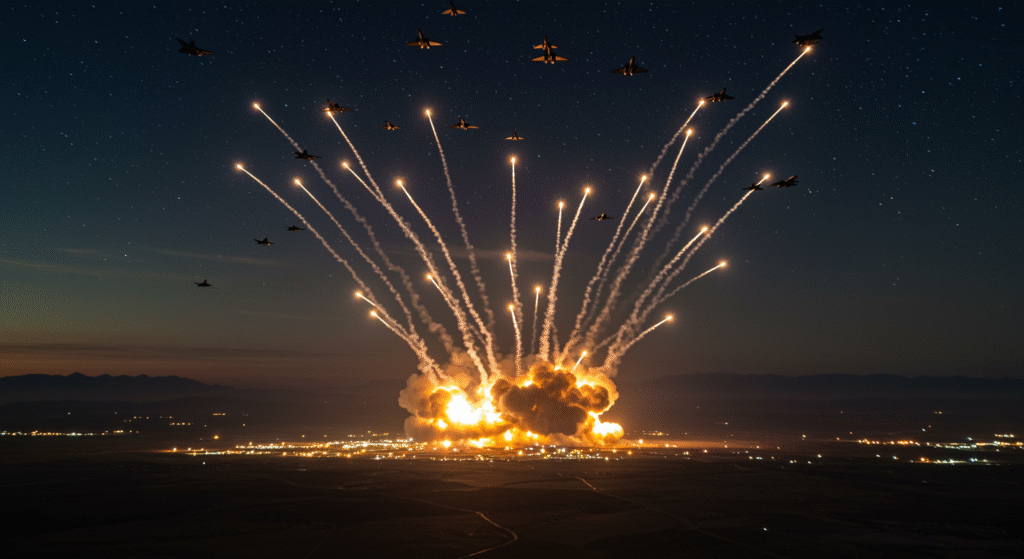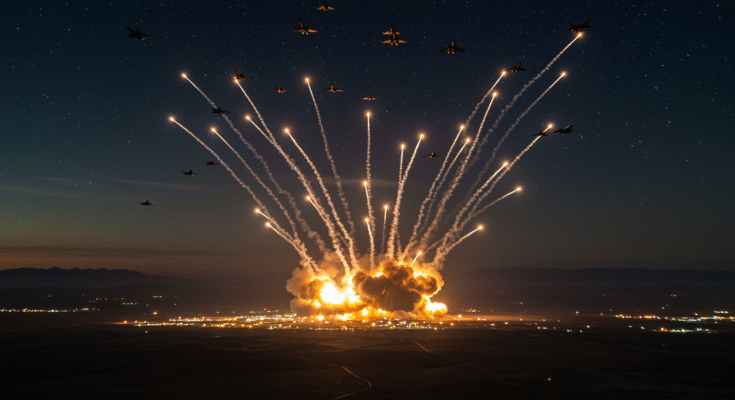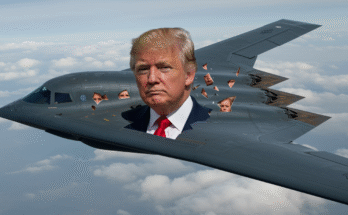
President Donald Trump’s announcement of US airstrikes on three Iranian nuclear facilities—including Fordow—has triggered a wave of international responses, ranging from strong support in Israel to urgent calls for restraint and diplomacy from much of the global community.
Israeli Reaction:
Israeli Prime Minister Benjamin Netanyahu and President Isaac Herzog offered emphatic praise for the US action. Netanyahu described Trump’s decision as “courageous,” asserting it would “alter the course of history” and emphasizing the need for “peace through strength.” Herzog called the strikes a triumph of “liberty, responsibility, and security,” thanked Trump for his leadership, and expressed hope the move would lead to a better future for the Middle East.
United Nations and Global Concerns:
UN Secretary-General Antonio Guterres voiced grave alarm, warning that the strikes represent a “dangerous escalation” with a real risk of the conflict spiraling out of control and causing catastrophic consequences for civilians, the region, and the world. Guterres called for immediate de-escalation and insisted that “there is no military resolution”—only diplomacy can resolve the crisis.
European and Allied Responses:
- Britain: Prime Minister Keir Starmer recognized the threat posed by Iran’s nuclear ambitions but urged a return to diplomacy, stating Iran must “return to the negotiating table”.
- Australia: The Australian government reiterated concerns over Iran’s nuclear program but emphasized that “diplomacy will yield a more lasting resolution than additional military measures”.
- European Union: EU foreign policy chief Kaja Kallas called on all parties to “retreat, re-engage in negotiations, and avert further escalation”.
- New Zealand, Japan, South Korea: These governments called for restraint, convened emergency meetings, and stressed the need for diplomatic engagement while assessing the security and economic implications of the situation.
Other International Reactions:
Countries such as Qatar and China expressed regret and concern, warning that military interventions in the Middle East often result in long-term instability and unforeseen consequences.
Summary:
While Israel hailed the US strikes as a necessary move against Iran’s nuclear ambitions, the overwhelming response from world leaders and international organizations has been to urge restraint and diplomacy. Outside of Israel, the consensus is that further escalation could trigger a broader regional or even global crisis, and that only diplomatic solutions can provide lasting stability.

